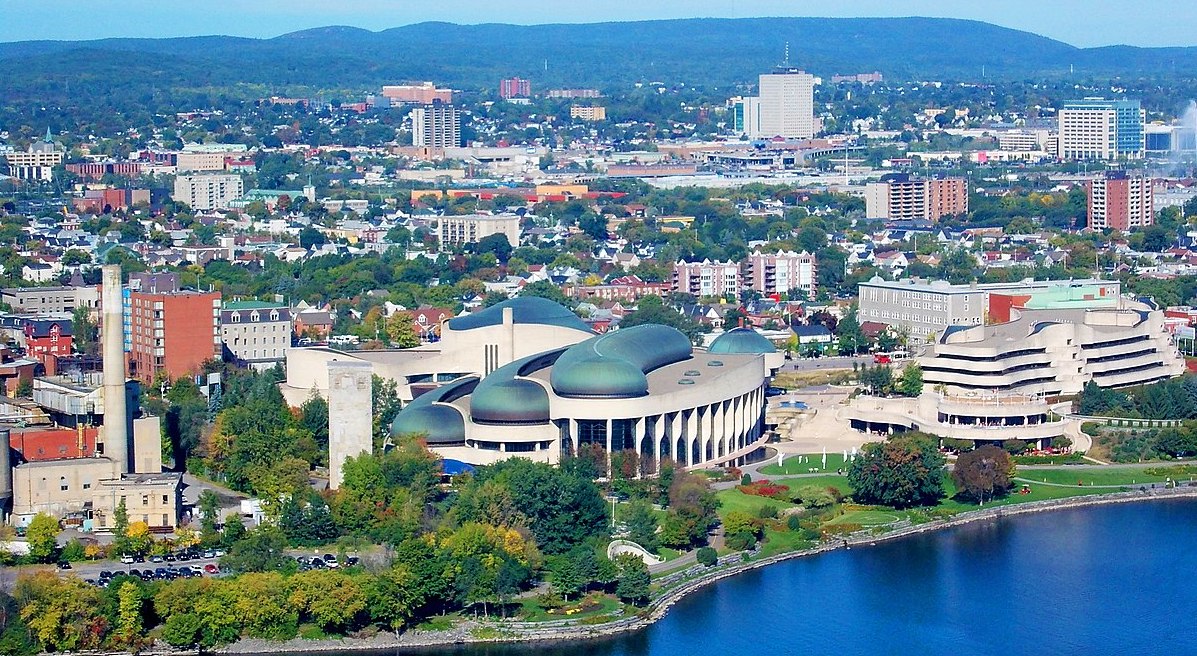Ottawa
Ottawa is Canada’s capital, in the east of southern Ontario, near the city of Montréal and the U.S. border. Sitting on the Ottawa River, it has at its centre Parliament Hill, with grand Victorian architecture and museums such as the National Gallery of Canada, with noted collections of indigenous and other Canadian art.
Ottawa has the most educated population among Canadian cities[16] and is home to a number of top colleges and universities, research and cultural institutions.

Education
Ottawa has many schools to choose from. The city offers high quality English and French education in public (non-religious), Catholic and private school systems. The schools in Ottawa provide quality education, with Ottawa students on average scoring higher than provincial averages in most areas of reading, writing and mathematics.
The Ontario government pays for public elementary and secondary school education. If you enrol your children in private school, you will have to pay tuition fees. Costs vary depending on which school you choose.
Have a look at some of the list of universities in Ottawa:
- University of Ottawa
- Carleton University(link is external)
- Saint Paul University
- The Southern Alberta Institute of Technology
- Dominican University College
Economy
Ottawa-Gatineau has the sixth highest total household income of all Canadian metropolitan areas.As the national capital of Canada, tourism is an important part of Ottawa's economy, particularly after the 150th anniversary of Canada which was centred in Ottawa.
Ottawa's robust economy centres on two major sectors - high technology and the federal government. Both sectors offer high-paying jobs for knowledge workers in a relatively stable environment and account for 37% of Ottawa's total gross domestic product (GDP). In 2004, the median family income in Ottawa-Gatineau was $73,500 - the highest among Canada's six largest cities.
In 2001, the technology sector saw a downturn both in terms of employment and contribution to Ottawa's economy. Over the last year, however, advanced technology has shown signs of renewed growth. Overall, employment in Ottawa increased substantially in the first six months of 2006, and the local unemployment rate is at a low 4.8%, buoyed in part by a surge in non-residential construction.
The federal government has seen sustained growth since 2001. As a result, the Ottawa economy has continued to grow since then and employment has remained stable. However, government hiring has slowed since the election of a new federal government in 2006.
Places to visit in Ottawa
- Parliament Hill
- Rideau Canal
- Canadian War Museum
- National Gallery of Canada
- Peace Tower
- Canadian Museum of Nature
- National War Memorial
- Diefenbunker, Canada's Cold War Museum
- Notre-Dame Cathedral Basilica
- Canada Aviation and Space Museum
